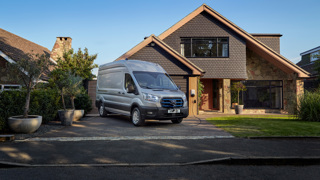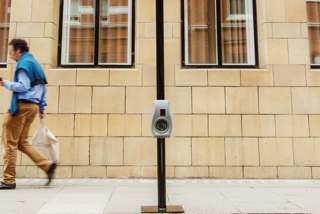An electric vehicle (EV) home charger installer code aims to help ensure high quality installations for homeowners after the Electric Vehicle Homecharge Scheme (EVHS) closes on March 31.
The Electric Vehicle Consumer Code for Home Charge points (EVCC) sets out standards for installers of domestic EV chargers.
Currently, the EVHS, administered by The Office for Zero Emission Vehicles (OZEV), gives eligible EV owners grants of up to £350 towards the cost of installing a new home charge point. It also requires that the chargers are installed by authorised installers.
From April 1, 2022, the EVHS will no longer be open to homeowners who live in single-unit properties such as bungalows and detached, semi-detached or terraced housing. Installations need to be completed by March 31, 2022.
The scheme will remain open to homeowners who live in flats and people in rental accommodation.
Virginia Graham, chief executive of Renewable Energy Assurance Limited (REAL) said: “Once EVHS closes to most homeowners on March 31, it will be much more difficult to identify competent installers.
“But, by choosing an EVCC member to carry out your work, you’ll get peace of mind - because we ensure our members are well-qualified, committed to consumer protection and, should anything go wrong, we are here to help.
“Anyone looking for high standards of service and cast-iron guarantees of consumer protection should contact an EVCC member.”
Read more about EVHS eligibility and proposed changes here.
> Interested in comparing electric vehicle data? Check out our EV tool.
> Interested in ensuring the efficient use of EVs. Check out our dedicated editorial sections: Insight & policy | EV news | Charging & infrastructure | Costs & incentives | Benefit-in-kind | EV case studies | EV road tests
























Login to comment
Comments
No comments have been made yet.